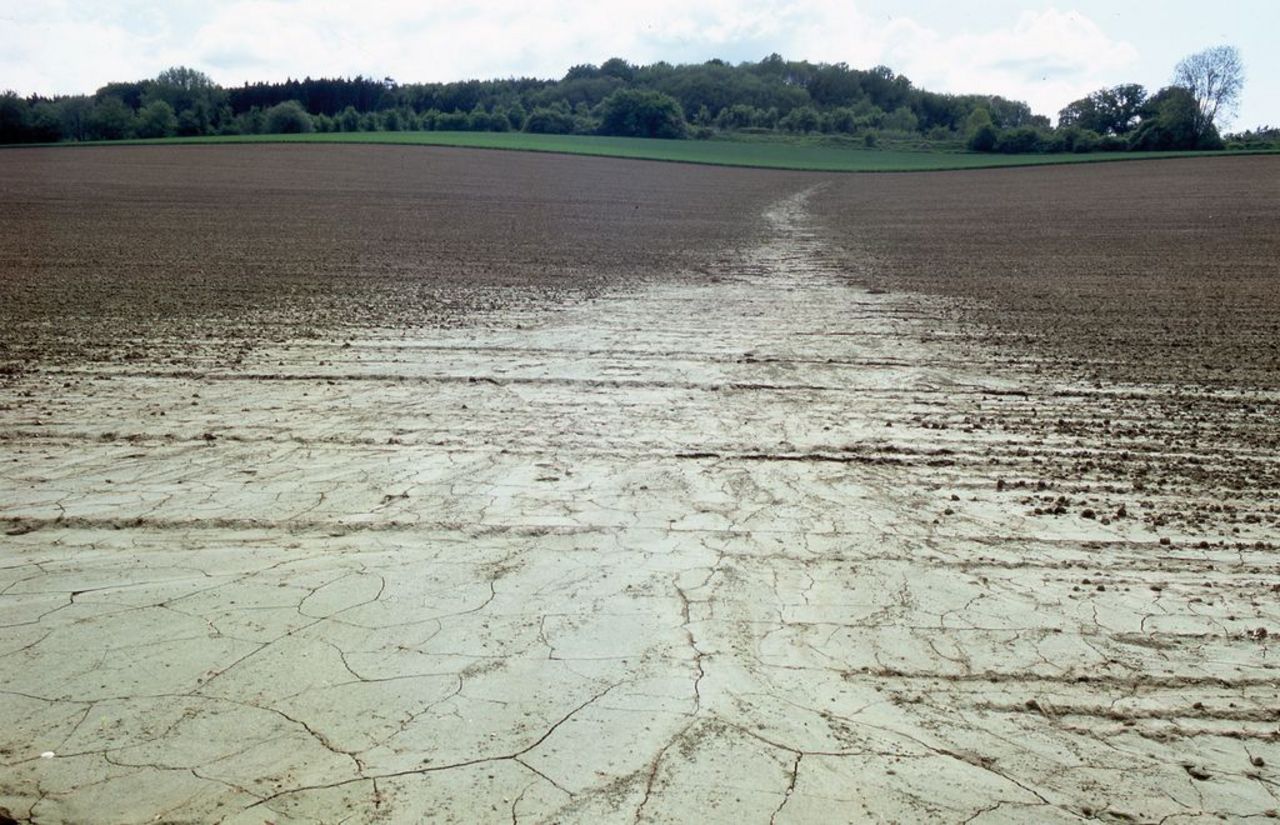Project
Agricultural Extreme Weather and Risk Management Possibilities

Heavy rain, heat, storm or frost threatens agriculture and forestry. We analyse if such extreme weather events occur more frequently und become more severe (intensive), and we investigate, how they impact important crops und forest species. If we can foresee good options to reduce the damage potential of extreme weather events we prepare strategies and suggestion for practice und policy.
Background and Objective
Within hours or few weeks, German agriculture and forestry may suffer serious damage, if they are exposed to extreme weather events such as drought, flood, hail, heat, frost or storm. In regard to the impacts and possible adaptation strategies hardly any profound research findings are available. However, a better understanding of the interrelation would be valuable for the operational planning as well as for the private and public risk management. The objective of the research project is to estimate the future occurrence of extreme weather events and their impacts on German agriculture and forestry and to analyse and assess adaptation measures for firms and policy.
Target Group
Policy, Agribusiness, Farms
Approach
In a first step we specify and define extreme weather events for agriculture and forestry on the basis of suitable indicators and thresholds. We evaluate the observed climate as well as climate projections with regard to the specified extreme weather events. In a second step we estimate how extreme weather events impact agriculture, specialised crops and forest. On this basis we analyse in a third step various adaptation measures for the most relevant extreme weather categories.
Data and Methods
Due to the complexity of the project our analyses apply a diversity of data and methods. We research the literature and data bases and include expert knowledge on growth processes of crops and trees. We focus on the relevant time periods regarding the overshooting and undershooting of thresholds of climate parameters. We assess development of crops after extreme weather events and expected crop losses using model based simulations. For regions that according to frequency distribution of the Deutsche Wetterdienst (DWD) feature a very high potential of damages caused by drought, frost or storm we carry out in depth studies on the basis of selected typical farms. In addition, we estimate applying multivariate methods climate induced variations of crop yields reported in the data base of the Farm Accountancy Data Network (FADN) taking natural site conditions into account. We estimate the development of forests after extreme weather events and the expected consequences on the basis of model simulations e.g. using the WEHAM-Model (Waldentwicklungs- und Holzaufkommensmodellierung).
Our Research Questions
"How did relevant extreme weather events develop in the past and what is their expected future development?
What regional differences exist?
What damages are caused by extreme weather events in the specific crops (past and future)?
How can agriculture and forestry adapt to extreme weather events and what tasks result for agribusiness and policy?"
Results
We have defined extreme weather events for agriculture, specialized crops, and tree species. First examinations of observed climate data as well as climate projection have already been conducted for a majority of extreme weather events and various crops. We have presented and discussed first results on a meeting on May, 13th 2014 at the Thünen-Institute.
Thünen-Contact

Involved Thünen-Partners
Involved external Thünen-Partners
- Julius Kühn-Institut - Bundesforschungsinstitut für Kulturpflanzen (JKI)
(Quedlinburg, Braunschweig, Groß Lüsewitz, Kleinmachnow, Deutschland) - Deutscher Wetterdienst (DWD)
(Offenbach, Deutschland) - Georg-August-Universität Göttingen
(Göttingen, Deutschland) - Leibniz-Zentrum für Agrarlandschaftsforschung (ZALF) e.V.
(Müncheberg, Deutschland) - Nordwestdeutsche Forstliche Versuchsanstalt (NW-FVA)
(Göttingen, Hann. Münden, Deutschland) -
Hochschule für nachhaltige Entwicklung Eberswalde (HNEE)
(Eberswalde, Deutschland)
Duration
1.2013 - 3.2015
More Information
Project status:
finished
Publications to the project
- 0
Dirksmeyer W, Bender A, Klockgether K (2016) Ökonomische Analyse von Anpassungsmaßnahmen an Extremwetterereignisse im Weinbau auf einzelbetrieblicher Ebene. Thünen Rep 44:217-239
- 1
Gömann H, Bender A, Bolte A, Dirksmeyer W, Englert H, Feil J-H, Frühauf C, Hauschild M, Krengel S, Lilienthal H, Löpmeier F-J, Müller J, Mußhoff O, Natkhin M, Offermann F, Seidel P, Schmidt M, Seintsch B, Steidl J, Strohm K, Zimmer Y (2015) Agrarrelevante Extremwetterlagen und Möglichkeiten von Risikomanagementsystemen : Studie im Auftrag des Bundesministeriums für Ernährung und Landwirtschaft (BMEL). Braunschweig: Johann Heinrich von Thünen-Institut, 312 p, Thünen Rep 30, DOI:10.3220/REP1434012425000

![[Translate to English:] Logo des Bundesministerium für Ernährung und Landwirtschaft](/media/allgemein/logos/BMEL_Logo.svg)